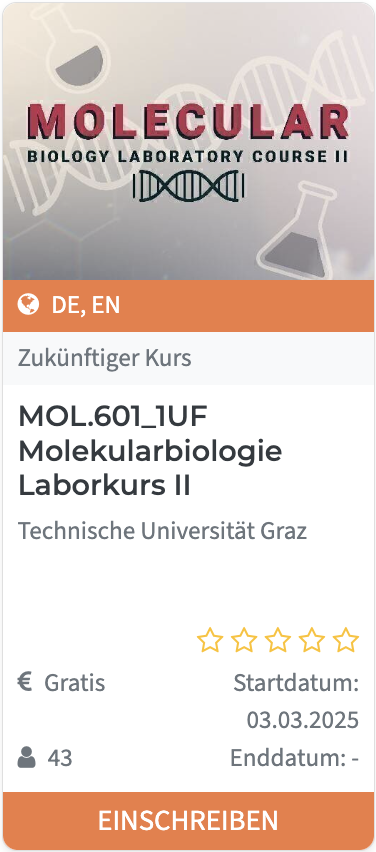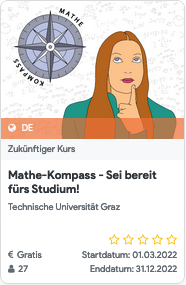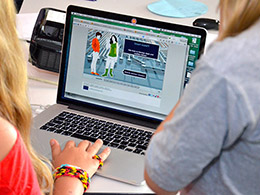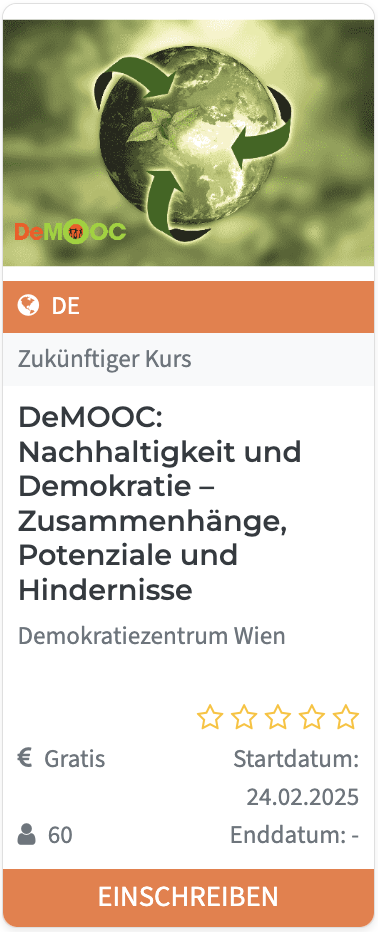Ein weiterer MOOC zu „MOL.601_1UF Molekularbiologie Laborkurs II“ startet diese Woche mit dem Ziel die Laborübungen für unsere NAWI-Studierenden weiter zu verbessern:
Dieser iMooX-Kurs ist ein verpflichtender Vorbereitungskurs für die Molekularbiologischen Übungen II (MOL.601) im NAWI-Bachelorstudiengang Molekularbiologie, abgehalten an der Technischen Universität Graz.
Der Kurs bietet Einblicke in molekularbiologische und biochemische Techniken, die häufig in der Forschung eingesetzt werden. In fünf Lektionen erwerben die Teilnehmer*innen fundiertes theoretisches Wissen über Methoden des Klonierens von Genen, mit Schwerpunkt auf der weit verbreiteten „Gibson Assembly“-Technik und phagenbasiertem Gentransfer. Außerdem erhalten sie Einblicke in die Prinzipien der rekombinanten Proteinexpression sowie der RNA- und Proteinanalytik. Die Teilnehmenden erlangen sowohl theoretisches Wissen als auch Einblicke in praktische Anwendungen, sodass sie am Ende des Kurses in der Lage sind, Experimente zu entwerfen und zu interpretieren.
Die Teilnahme ist nicht nur für unsere Studierenden kostenlos: [Anmeldung zur kostenlosen Teilnahme]











